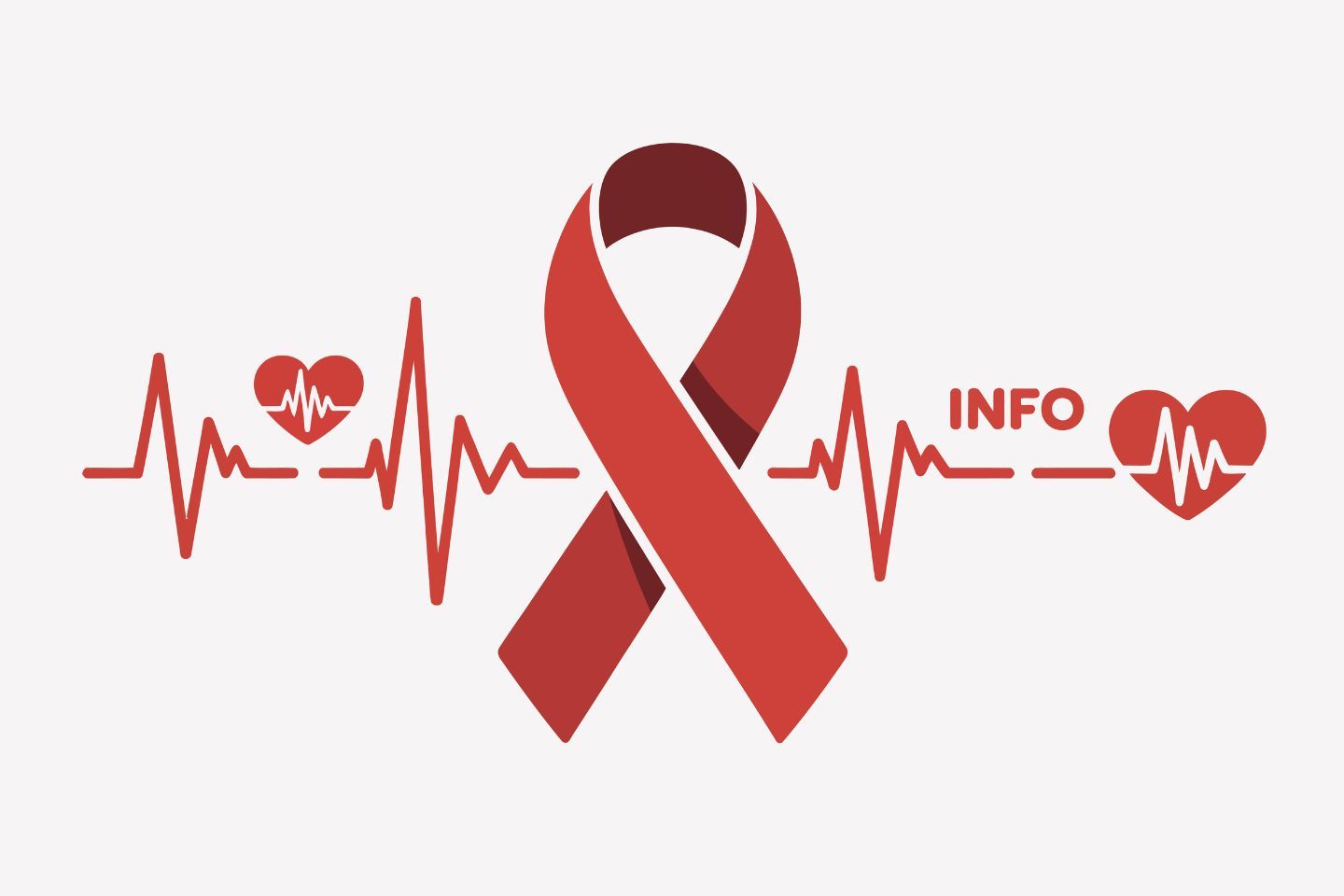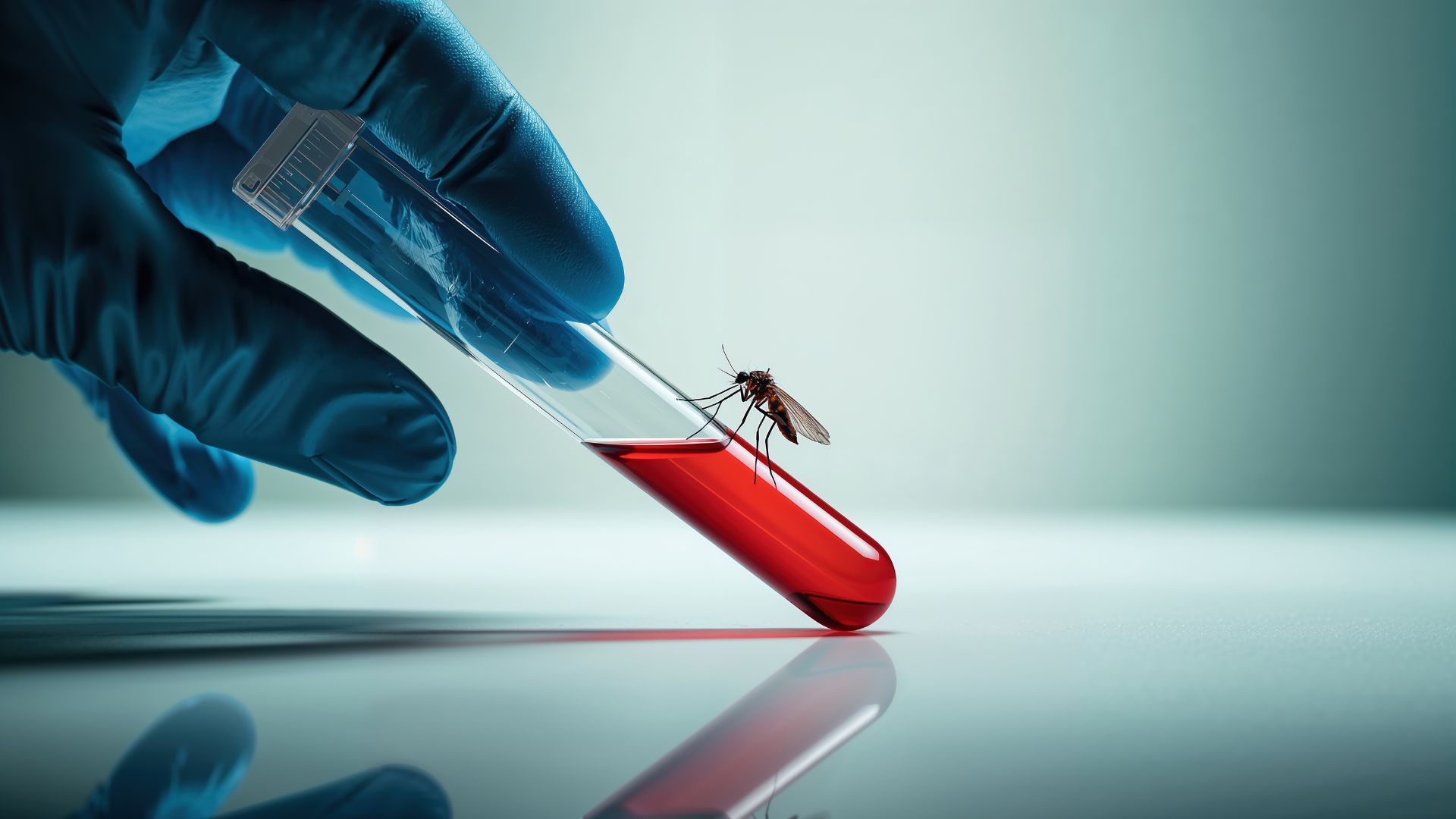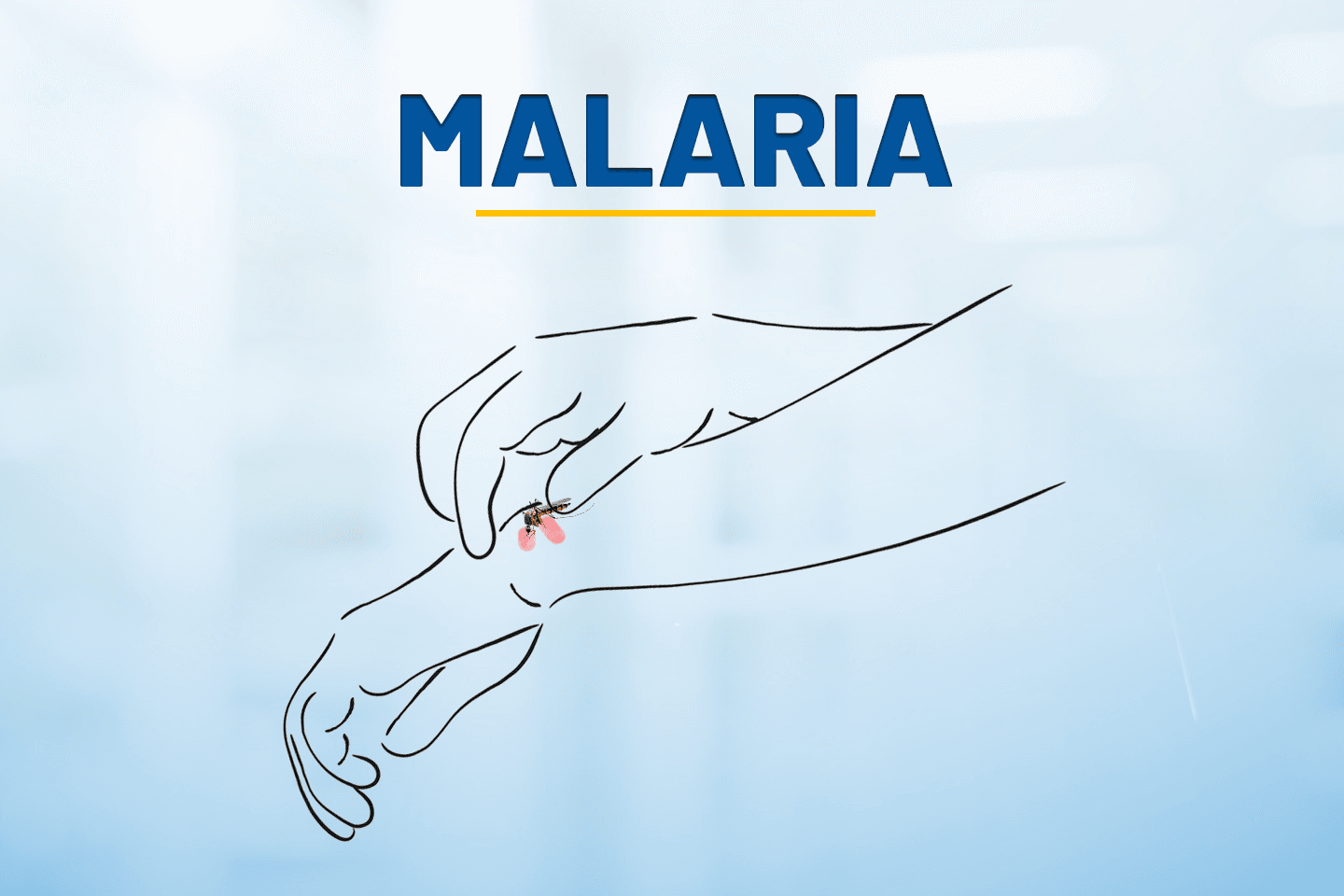
HIV and Heart Disease: Warning Signs You Shouldn't Ignore
Introduction
Living with HIV comes with many challenges, and one of the lesser-known risks is heart disease. Over the years, medical advancements have helped people with HIV live longer, healthier lives. However, with longer life expectancy comes new health concerns. One of them is the increased risk of heart problems.
Heart disease can be silent for years, but early signs should never be ignored—especially if you have HIV. Understanding the connection between HIV and heart health can help you take better care of yourself. Let's explore how HIV increases the risk of heart disease, the early warning signs, and what you can do to stay heart-healthy.
How HIV Increases the Risk of Heart Disease [1]
HIV itself does not directly lead to heart disease, but it does make a person more vulnerable to heart-related problems. Here's why:
Chronic Inflammation: HIV causes long-term inflammation in the body. Over time, this inflammation can impair blood vessels, increasing the chances of heart disease.
Weakened Immune System: Even with treatment, the immune system in people with HIV may not function as well as in others. This can contribute to heart problems by making the body more susceptible to infections and stress.
Side Effects of HIV Medication: Some medications used to treat HIV can affect cholesterol levels, blood sugar, and fat distribution in the body. These changes may contribute to high blood pressure, diabetes, or obesity—risk factors for heart disease.
Lifestyle Factors: Many people living with HIV experience stress, anxiety, and depression, which can lead to unhealthy habits like smoking, poor diet, or lack of exercise. These habits further increase the risk of heart disease.
Higher Risk of Blood Clots: People with HIV are more likely to develop blood clots, which can block arteries and result in heart attacks or strokes.
Early Warning Signs of Heart Disease [2]in People with HIV
Heart disease can develop silently, but certain signs should never be ignored. If you have HIV, be extra aware of these symptoms:
Shortness of Breath: Feeling out of breath even when doing simple activities could indicate heart problems.
Chest Pain or Discomfort: Any pressure, tightness, or pain in the chest should be taken seriously, especially during physical activity.
Unexplained Fatigue: Feeling tired always, even after resting, may signify that your heart is not pumping blood efficiently.
Swelling in the Legs or Feet: Fluid buildup in the legs or feet can be a sign of heart failure.
Dizziness or Fainting: If you frequently feel dizzy or faint, it could mean your heart is not working properly.
Irregular Heartbeat: If your heart beats too fast, too slow, or skips beats, it could be a warning sign of heart disease.
If you experience any of these symptoms, don't ignore them. The earlier you seek medical advice, the better.
Preventing Heart Disease When You Have HIV [3]
The good news is that there are many ways to decrease the risk of heart disease, even if you have HIV. Here's what you can do:
Follow Your HIV Treatment Plan: Taking your HIV medications as prescribed helps keep the virus under control and reduces inflammation in the body.
Eat a Heart-Healthy Diet: Include plenty of fruits, vegetables, whole grains, and lean proteins. Avoid processed foods, sugary drinks, and excessive salt.
Stay Active: Exercise regularly, even if just a daily walk. Physical activity helps keep the heart strong and lowers cholesterol and blood pressure.
Quit Smoking: It considerably increases the risk of heart disease. If you smoke, seek help to quit.
Manage Stress: Stress can take a toll on the heart. Try relaxation techniques such as meditation, yoga, or deep breathing exercises.
Monitor Your Health Regularly: Keep an eye on your blood pressure, cholesterol, and blood sugar levels. Routine check-ups can help detect problems early.
Maintain a Healthy Weight: Being overweight puts extra strain on the heart. Aim for a balanced diet and regular exercise to manage your weight.
Limit Alcohol Consumption: Drinking too much alcohol can raise blood pressure and damage the heart over time. Drink in moderation or avoid it altogether.
When to See a Doctor
If you have HIV, it's important to have regular health check-ups to monitor your heart health. However, you should see a doctor immediately if you experience:
Sudden or severe chest pain
Difficulty breathing
Fainting or extreme dizziness
Rapid or irregular heartbeat
Severe swelling in the legs or feet
Don't wait for the symptoms to get worse. Seeking medical advice early can prevent serious complications.
QUADRO HIV 1-2 AB
The Quadro HIV 1/2 Ab test is a quick and reliable way to check for HIV infection. It helps detect HIV-1 and HIV-2 antibodies in the blood, giving fast results so doctors can start treatment early if needed. Early detection of HIV is important because it allows for better health management and prevents the virus from spreading. This test is easy to use and delivers accurate results, making it an important tool in diagnosing HIV. If you think you might be at risk, getting tested can help you take the right steps for your health.
MERISCREEN HIV 1-2 WB
The Meriscreen HIV 1/2 WB test is a simple and reliable way to detect HIV infection. It helps identify HIV-1 and HIV-2 antibodies in whole blood, serum, or plasma, providing quick results. Early detection of HIV is crucial because it allows for timely medical care and helps prevent the spread of the virus. This test is easy to use, accurate, and helps healthcare professionals diagnose HIV efficiently. If you think you may have been exposed to HIV, getting tested is an important step toward protecting your health and well-being.
Conclusion
HIV and heart disease are connected in more ways than many people realize. While having HIV does increase the risk of heart problems, taking care of your heart is possible with the right lifestyle choices and medical care.
Listen to your body, don't ignore warning signs, and take proactive steps to stay healthy. By managing your HIV properly and maintaining good heart health, you can live a longer, fuller life.
Remember, your heart matters just as much as the rest of your health—so take good care of it!
References
[1] https://www.hopkinsmedicine.org/heart-vascular-institute/cardiovascular-research/hiv-and-heart-disease#:~:text=This%20abnormal%20stress%20response%20was,also%20potentially%20dangerous%20ventricular%20arrhythmias.
[2] https://hivinfo.nih.gov/understanding-hiv/fact-sheets/hiv-and-heart-disease#:~:text=What%20are%20the%20symptoms%20of,9%2D1%2D1%20immediately.



